Islamic Duas: In today’s interconnected world, the pursuit of knowledge about Islam and its rich history, culture, and traditions has gained immense importance. New York, a bustling metropolis known for its diversity and academic excellence, stands out as a prime destination for those seeking to explore Islamic studies. While there isn’t a single institution officially named the “Islamic University of New York,” several prestigious universities in the city and state offer robust programs in Islamic studies, blending academic rigor with cultural immersion. This comprehensive guide dives deep into the opportunities available for students interested in Islamic education, with a special focus on New York University (NYU), a leader in this field. Whether you’re considering an on-campus experience or exploring options for an Islamic university online, this article provides everything you need to know—program details, fees, reviews, and more—to make an informed decision about your educational journey.
New York’s unique position as a global hub makes it an ideal place to study Islam. The city’s melting pot of cultures fosters an environment where students can engage with diverse perspectives while gaining a deeper understanding of Islamic civilization. From undergraduate degrees to online courses, the opportunities are vast, and this guide aims to illuminate the path for prospective students, parents, and lifelong learners alike.
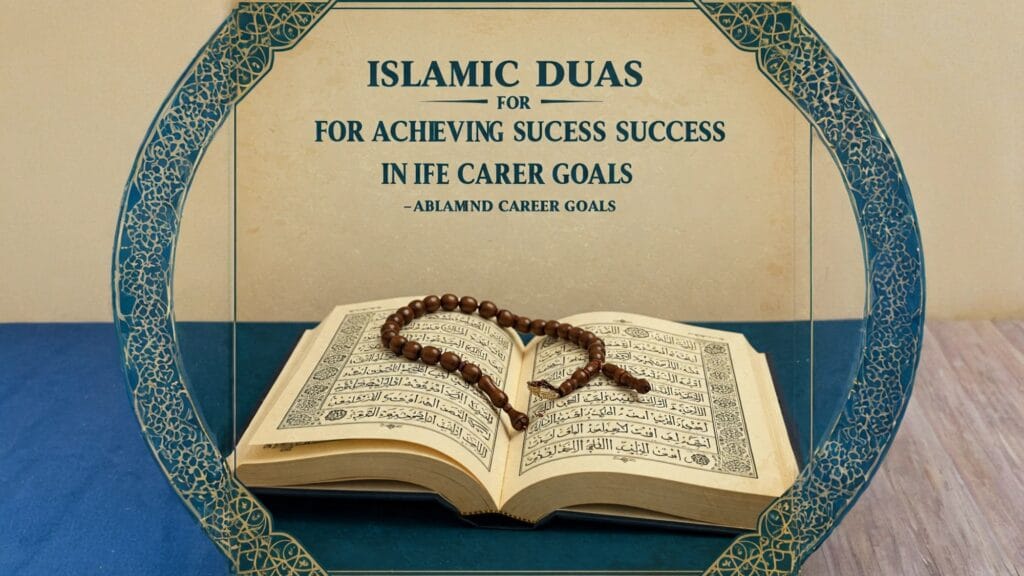
Islamic Studies in New York: A Broad Overview
New York is home to a variety of institutions that cater to students interested in Islamic studies. While no single university carries the title “Islamic University of New York,” the state’s academic landscape is rich with programs that explore the Islamic world through history, religion, language, and politics. Here’s a look at some of the key players:
- New York University (NYU): Located in the heart of Manhattan, NYU offers a Bachelor of Arts in Middle Eastern and Islamic Studies, making it a standout choice for students. The university also houses the Islamic Center at NYU (ICNYU), a vibrant community space for learning and worship.
- Columbia University: Another Ivy League institution in New York City, Columbia provides courses and research opportunities in Islamic studies through its Department of Middle Eastern, South Asian, and African Studies (MESAAS).
- City University of New York (CUNY): With multiple campuses across the city, CUNY offers courses related to Islamic history and culture, often at a more accessible cost than private institutions.
- Other Institutions: Universities like Cornell (located in Ithaca, NY) and Fordham University also contribute to the state’s offerings with specialized courses and research centers focused on the Islamic world.
These institutions collectively provide a strong foundation for students, whether they’re pursuing a degree, taking individual courses, or engaging in research. For those specifically seeking an Islamic university online, options extend beyond New York, but NYU and other local universities are beginning to integrate digital learning into their offerings.
Read more:
- Dua Qunoot in English: Meaning, Benefits, and How to Recite
- Comprehensive Guide to the Islamic University of New York: Your Path to Faith-Based Education
NYU’s Islamic Studies Program: A Deep Dive
New York University stands out as a leader in Islamic education within the city, thanks to its comprehensive Bachelor of Arts in Middle Eastern and Islamic Studies. This four-year undergraduate program, offered through the College of Arts & Science, is designed for students who want to explore the complexities of the Islamic world, from its historical roots to its modern-day influence.
Program Highlights
The Middle Eastern and Islamic Studies (MEIS) program at NYU combines interdisciplinary coursework with hands-on opportunities, preparing students for careers in academia, diplomacy, business, and beyond. Here’s what makes it special:
- Curriculum: The program covers a wide range of topics, including:
- Islamic Civilization and History
- Arabic Language and Literature
- Islamic Law and Society
- Middle Eastern Politics
- Religion and Culture in the Islamic World Students can tailor their studies by choosing electives that align with their interests, such as gender studies in Islam or contemporary Islamic thought.
- Faculty: The program is led by a team of distinguished professors and scholars who are experts in their fields. Their research spans topics like Islamic art, Sufism, and the politics of the Middle East, offering students access to cutting-edge knowledge.
- Study Abroad Opportunities: NYU’s global network allows students to study in cities like Abu Dhabi or Istanbul, immersing themselves in regions central to Islamic history and culture.
- Research and Internships: Students can engage in independent research or intern with organizations focused on Middle Eastern and Islamic issues, gaining practical experience alongside their academic studies.
The Islamic Center at NYU (ICNYU)
A cornerstone of NYU’s Islamic community, the Islamic Center at NYU (ICNYU) enhances the academic experience by providing a space for spiritual and social engagement. Founded in 1978 and relocated to the Global Center for Academic and Spiritual Life in 2013, ICNYU serves as a hub for Muslim students and the broader community. Key features include:
- Services: Daily prayers, Friday Jumu’ah prayers, Ramadan programming, and educational workshops.
- Community Events: Lectures, interfaith dialogues, and cultural celebrations that foster understanding and connection.
- Accessibility: Open to NYU students, staff, and alumni, with guest access available upon request (subject to university security policies).
The center’s integration with NYU’s academic offerings creates a holistic experience, blending intellectual pursuit with personal growth.
Exploring Online Islamic Studies Options
For students unable to relocate to New York or seeking greater flexibility, online education has opened new doors to Islamic studies. While NYU does not currently offer a fully online degree in Middle Eastern and Islamic Studies, it provides a selection of online courses that may include topics related to Islam. These courses allow students to engage with NYU’s faculty and resources from anywhere in the world.
Beyond NYU, other institutions offer robust online programs that align with the concept of an Islamic university online. One notable example is the Islamic University of North America (Mishkah University), which provides:
- Bachelor of Arts in Islamic Studies: A fully online undergraduate program covering Islamic theology, history, and law.
- Graduate Programs: Master’s and doctoral degrees for advanced learners.
- Flexible Learning: Designed for working professionals and students with busy schedules, with asynchronous coursework and interactive elements.
Additionally, platforms like Coursera and edX partner with universities to offer individual courses in Islamic studies, often taught by professors from top institutions. These options make Islamic education accessible to a global audience, complementing the on-campus opportunities available in New York.
Fees Structure: Investing in Your Education
Understanding the financial commitment of pursuing Islamic studies is essential for planning your academic journey. Below is a detailed breakdown of costs associated with NYU’s Bachelor of Arts in Middle Eastern and Islamic Studies, as well as general considerations for online programs.
NYU Tuition and Fees
- Annual Tuition: Approximately USD 60,438 for international students (based on 2025 figures). Domestic students may pay slightly less depending on residency and financial aid.
- Application Fee: USD 85 (approximately INR 7,000), nonrefundable unless a fee waiver is granted.
- Additional Costs:
- Housing: USD 15,000–20,000 per year (on-campus options vary).
- Books and Supplies: USD 1,500–2,000 annually.
- Personal Expenses: Varies, typically USD 3,000–5,000 per year.
- Total Estimated Cost: USD 80,000–90,000 per year, depending on lifestyle and housing choices.
Note: These figures are subject to change, and students should visit NYU’s official website for the latest information.
Online Program Costs
For those considering an Islamic university online, costs are generally lower due to the absence of on-campus expenses. For example:
- Mishkah University: Tuition ranges from USD 5,000–10,000 per year, depending on the program and course load.
- Individual Online Courses: Platforms like Coursera charge USD 50–100 per course, with certificates available for a fee.
Financial Aid and Scholarships
NYU offers a variety of financial aid options to make education accessible:
- Need-Based Aid: Grants and loans based on family income.
- Merit-Based Scholarships: Awards for academic excellence, such as the Rev. Dr. Martin Luther King, Jr. Scholars Program, which supports students committed to social justice.
- External Funding: Students can explore scholarships from Islamic organizations or government programs.
Online programs like Mishkah University also offer payment plans and discounts, making them a cost-effective alternative.
Reviews and Ratings: What Students Say
NYU’s reputation as a top-tier university extends to its Middle Eastern and Islamic Studies program. Ranked #38 in the QS Global Rankings 2025, NYU is praised for its academic quality, diverse student body, and vibrant campus life. Here’s what students and alumni have to say:
- Academic Excellence: “The MEIS program at NYU opened my eyes to the depth of Islamic history and culture. The professors are passionate and incredibly knowledgeable.”
- Community Support: “ICNYU made me feel at home. It’s more than just a prayer space—it’s a community where I grew spiritually and socially.”
- Value for Money: “Yes, it’s expensive, but the opportunities—study abroad, internships, networking—are worth it if you can make it work financially.”
While the high cost is a recurring critique, many students emphasize that the investment pays off through career opportunities and personal development. Online programs like Mishkah University also receive positive feedback for their accessibility and affordability, with students appreciating the flexibility to learn at their own pace.
Everything You Need to Know: Admissions, Faculty, and Student Life
Admission Requirements
To enroll in NYU’s Middle Eastern and Islamic Studies program, applicants must meet the following criteria:
- High School Diploma: Strong academic record with emphasis on humanities and languages.
- Application Materials: Common Application, including essays, a counselor recommendation, and a teacher evaluation.
- Transcripts: Official records from all prior schools.
- English Proficiency: TOEFL or IELTS scores for non-native speakers (minimum TOEFL score: 100).
- Application Fee: USD 85 (waivers available).
Online programs typically have simpler requirements, such as a high school certificate and basic application form, making them more accessible.
Faculty Spotlight
NYU’s Department of Middle Eastern and Islamic Studies boasts a faculty of world-class scholars. Notable professors include:
- Experts in Islamic law and theology.
- Historians specializing in the Ottoman Empire and modern Middle East.
- Linguists teaching Arabic and Persian.
Their research and mentorship provide students with unparalleled insights and opportunities to contribute to the field.
Student Life and Community
NYU’s campus in Greenwich Village offers a dynamic environment with over 300 student organizations, including:
- Muslim Students Association (MSA): Organizes events and supports Muslim students.
- Cultural Clubs: Groups exploring Middle Eastern and Islamic heritage.
- Interfaith Initiatives: Programs fostering dialogue across religions.
The Islamic Center at NYU further enriches student life with spiritual and social activities, creating a sense of belonging in a fast-paced city.
Conclusion: Your Path to Islamic Education in New York
Whether you’re drawn to the academic prestige of NYU’s Middle Eastern and Islamic Studies program or the convenience of an Islamic university online, New York offers a wealth of opportunities to explore Islam and its global impact. This guide has covered the essentials—program details, costs, reviews, and more—equipping you with the knowledge to take the next step. Studying Islamic studies in New York is not just about earning a degree; it’s about immersing yourself in a vibrant, diverse community that values learning, understanding, and growth. As you consider your options, know that the journey to mastering Islamic knowledge begins with a single step—right here, in the heart of New York.
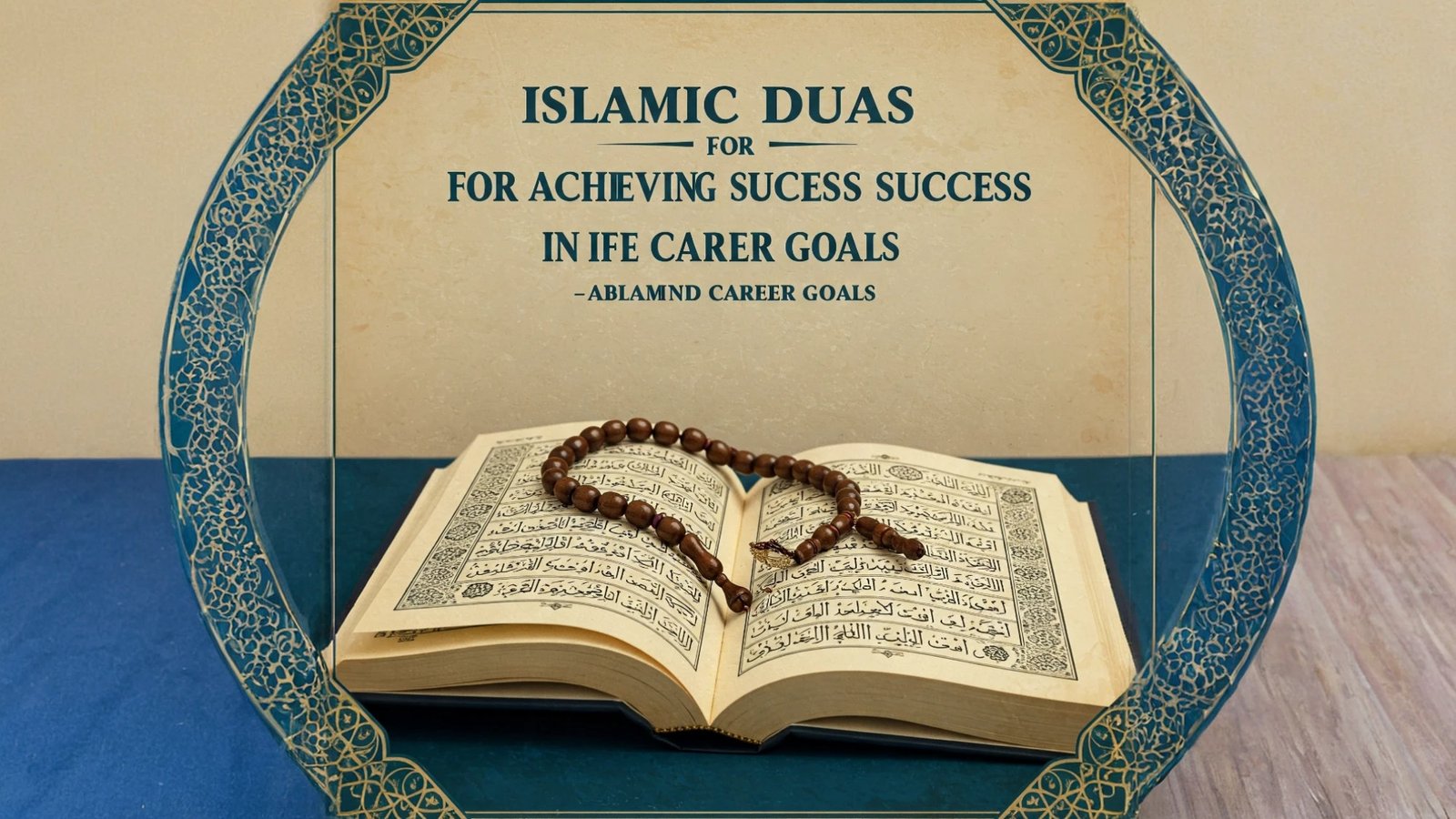
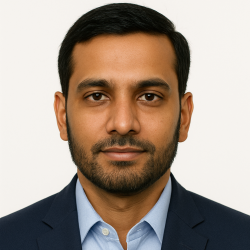


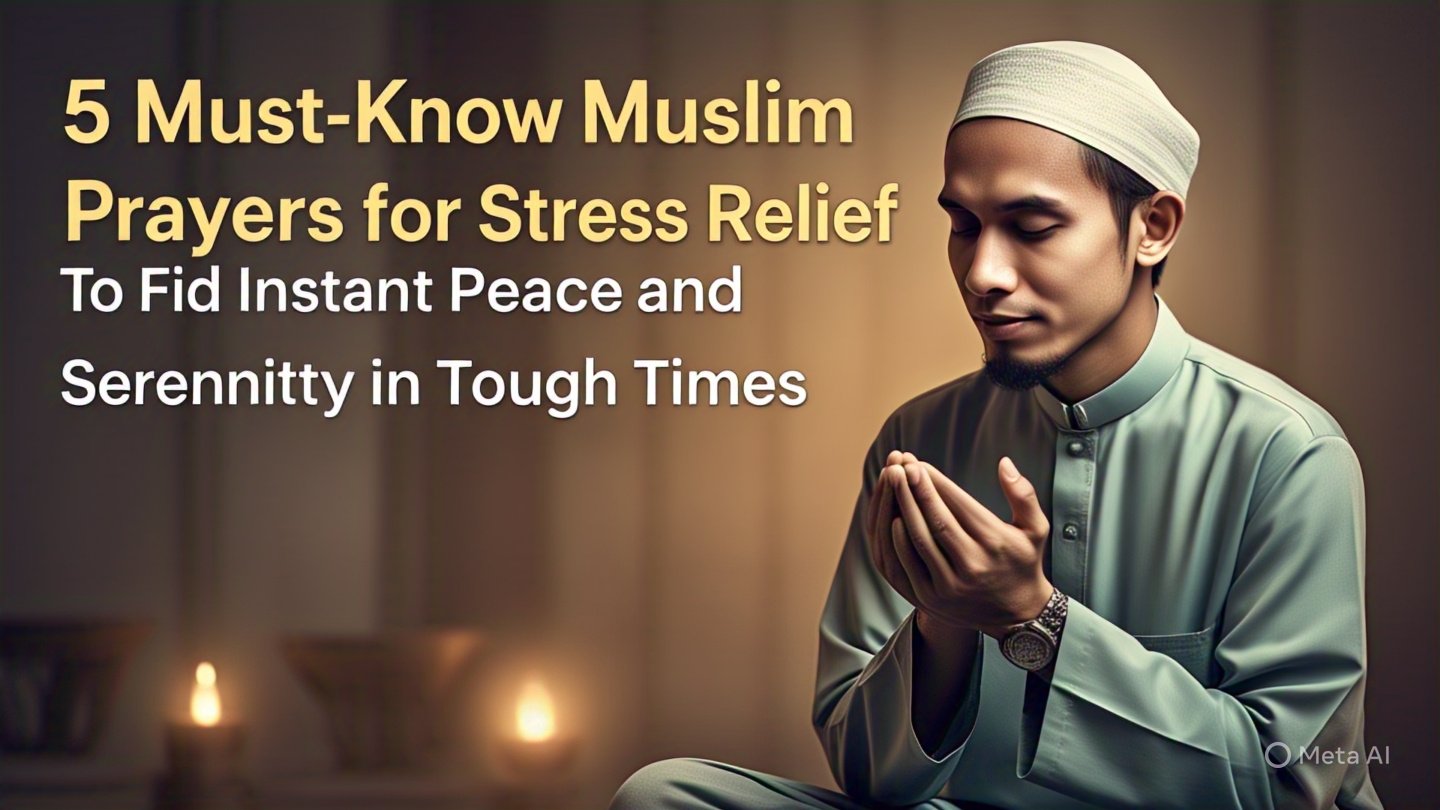
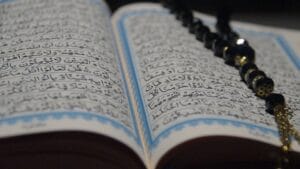




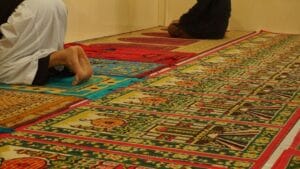

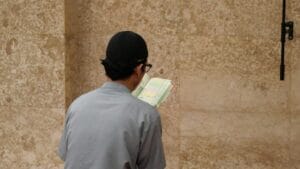

Post Comment